
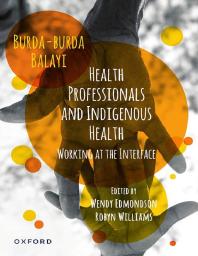 Health Professionals and Indigenous Health : Working at the Interface. (2022)
This book critically examines dominant Western health frameworks that essentialises Aboriginal and Torres Strait Islander cultures and health.
Health Professionals and Indigenous Health : Working at the Interface. (2022)
This book critically examines dominant Western health frameworks that essentialises Aboriginal and Torres Strait Islander cultures and health.
 Indigenous Health and Wellbeing (2022)
Indigenous burden of disease is 2.3 times that of non-Indigenous Australians; rates of psychological distress and chronic diseases are higher; there are disparities across education, housing, employment and income; access to health services is often limited and not culturally appropriate.
Indigenous Health and Wellbeing (2022)
Indigenous burden of disease is 2.3 times that of non-Indigenous Australians; rates of psychological distress and chronic diseases are higher; there are disparities across education, housing, employment and income; access to health services is often limited and not culturally appropriate.
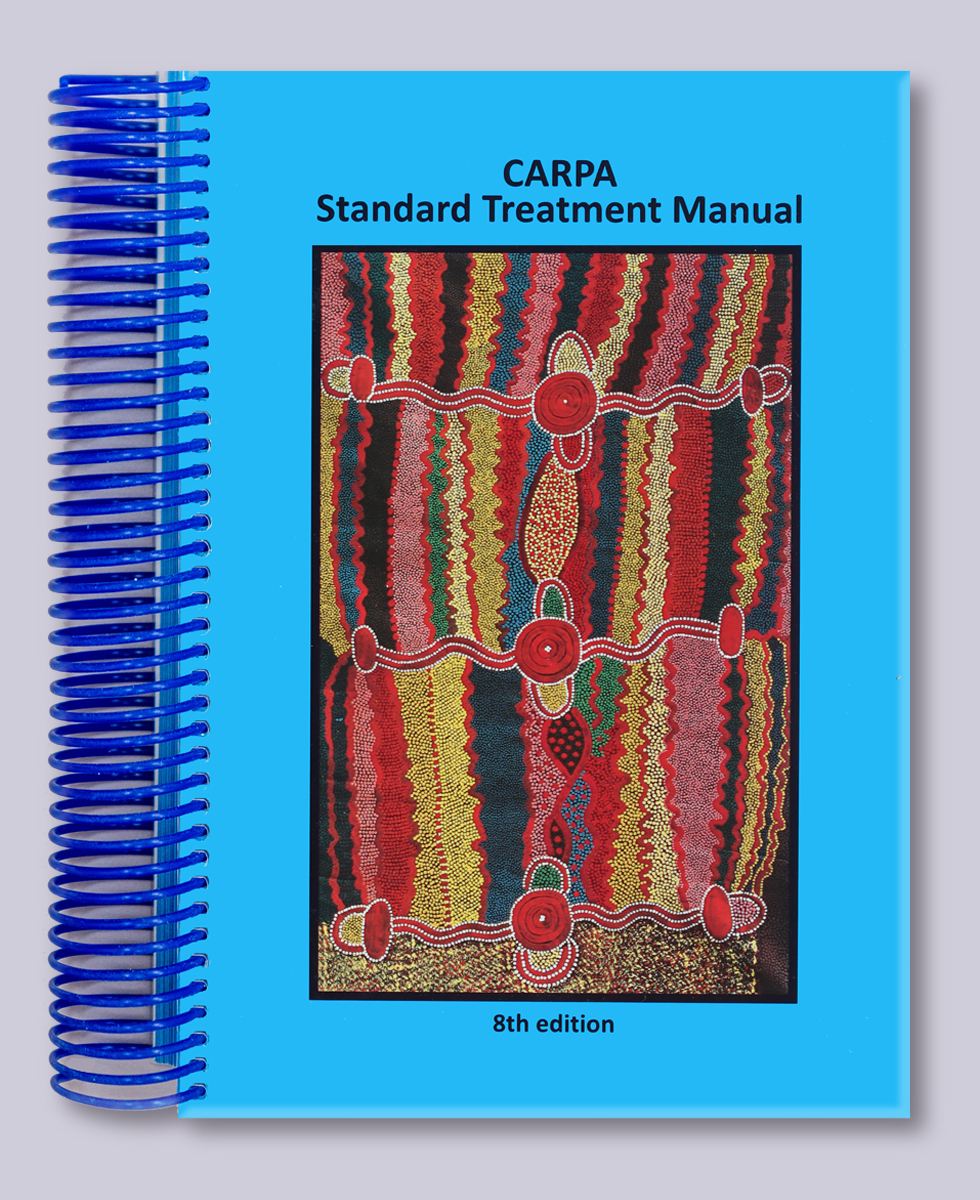
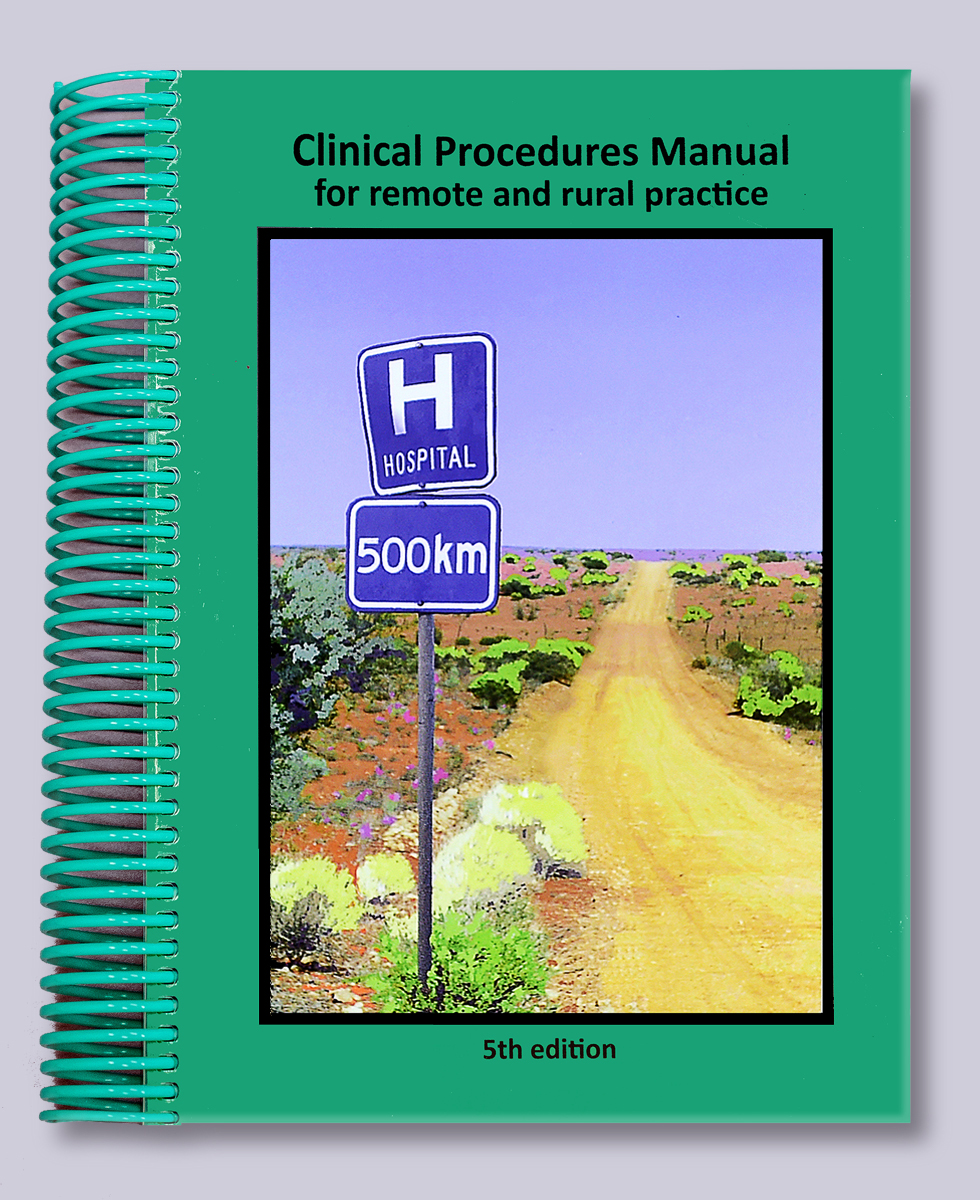
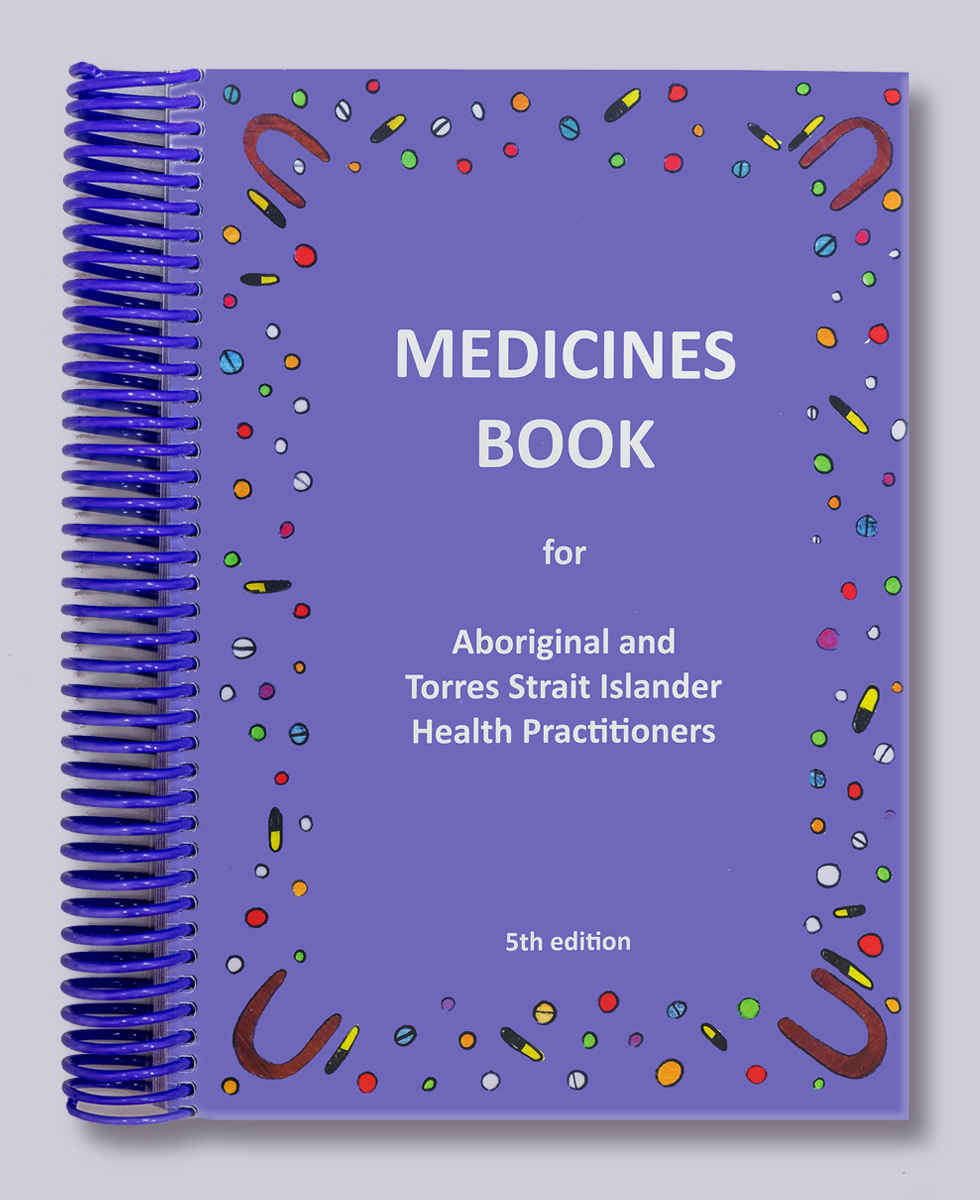
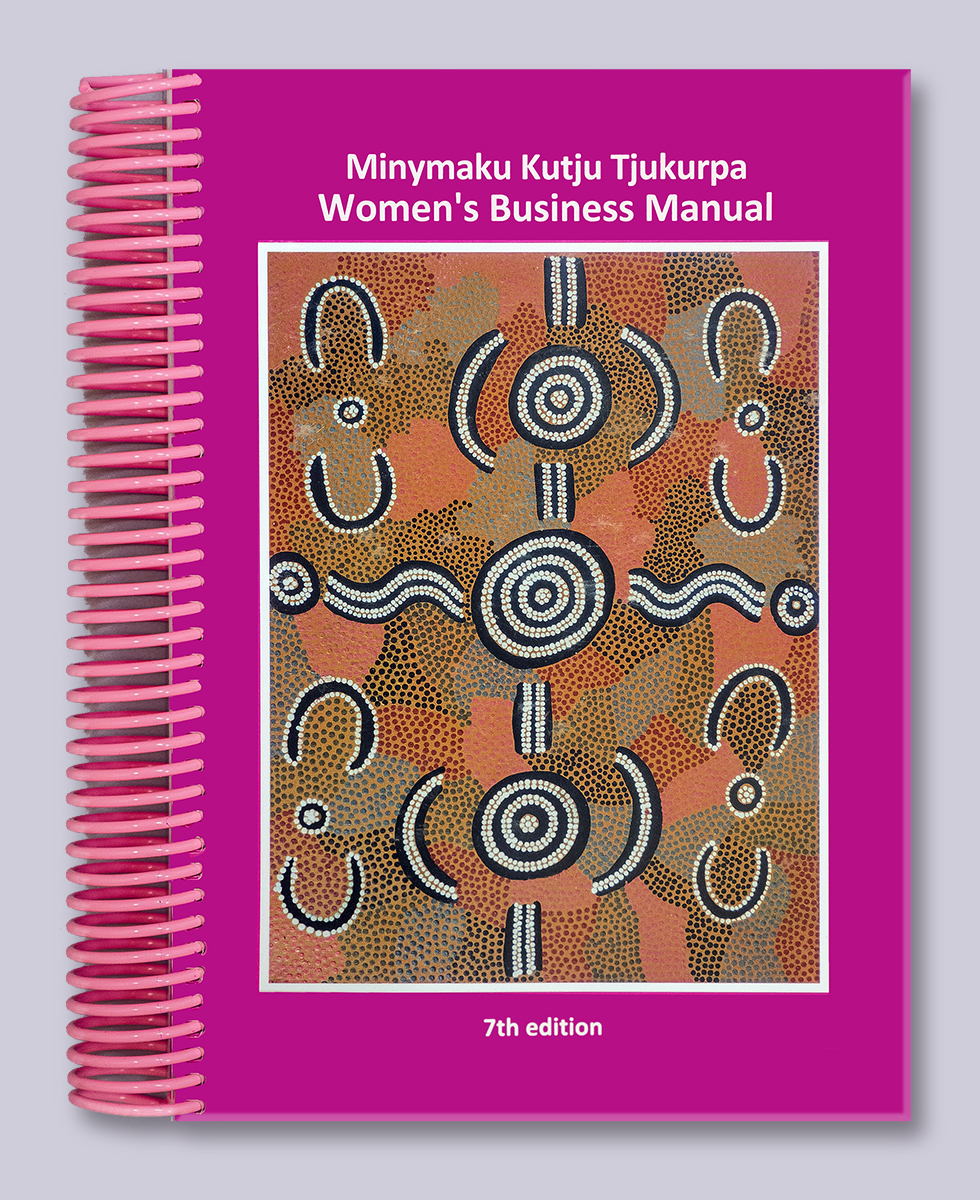
CHCDIV001: Work with diverse people
CHCDIV002: Promote Aboriginal and/or Torres Strait Islander cultural safety
HLTENN035: Practice nursing within the Australian health care system